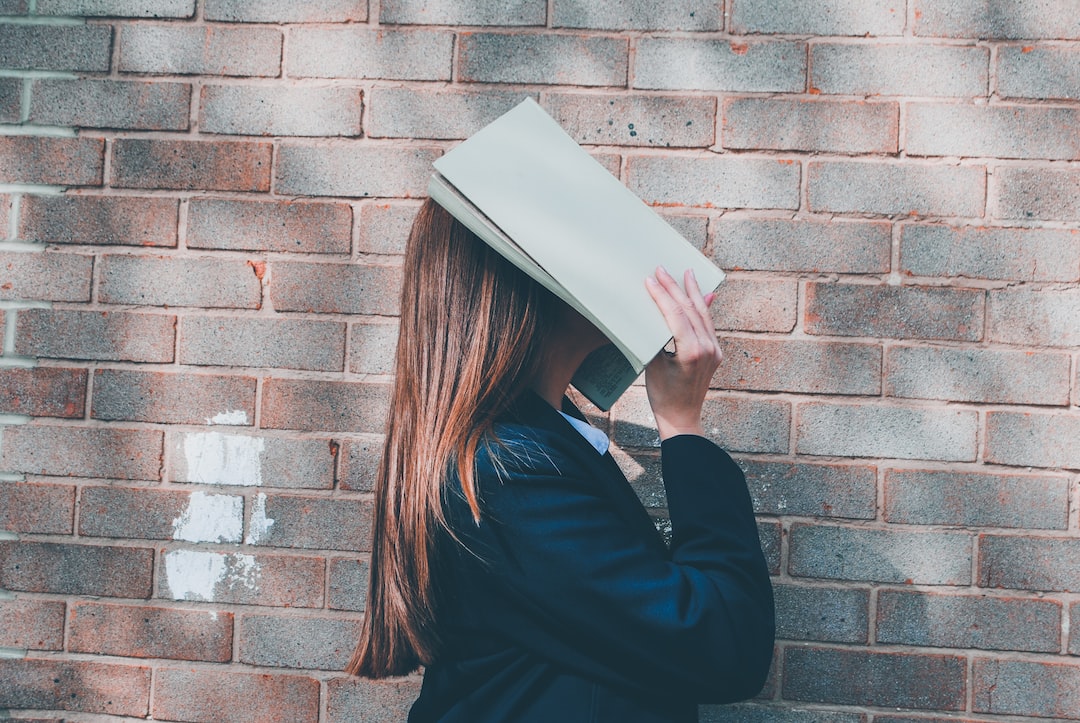Peer pressure refers to the influence that one’s peers have on an individual’s decision-making and behavior. While this influence can manifest in various aspects of life, such as personal choices and social interactions, it is particularly prevalent in the academic setting. The influence of peer pressure on academic performance can be both positive and negative, as it can motivate students to excel or lead them astray. In this blog post, we will delve deeper into the impact of peer pressure on academic performance and explore some possible strategies to mitigate its negative effects.
One significant way in which peer pressure affects academic performance is through the development of study habits. Students are often influenced by their peers’ attitudes toward studying and may adopt these habits themselves. For instance, if a student’s friends prioritize socializing over studying, they may feel compelled to follow suit and neglect their academic responsibilities. On the other hand, if surrounded by motivated and diligent peers, a student may feel encouraged to work harder and achieve higher academic success.
Another aspect of academic performance influenced by peer pressure is the choice of subjects or courses. Students may select certain subjects solely based on their peers’ interests or preferences, rather than following their own inclinations or aptitudes. In such instances, the pressure to conform to the group’s choices overrides an individual’s unique academic aspirations, potentially leading to disengagement and poor performance. Conversely, positive peer pressure can emerge when a student is encouraged and supported by their peers to pursue subjects aligned with their interests and strengths, which can greatly enhance academic performance.
Moreover, peer pressure can significantly impact classroom behavior and participation. Students often feel compelled to conform to their peers’ actions, which can be detrimental to their academic success. For example, if a student is surrounded by classmates who consistently disrupt lessons or neglect homework, they may feel inclined to do the same, hindering their ability to absorb knowledge and engage with the material effectively. Conversely, positive peer pressure can foster an atmosphere of healthy competition and cooperation, promoting active participation and academic achievement.
Furthermore, peer pressure can influence academic performance through the development of attitudes and values. A student’s desire for acceptance and validation from their peers may lead them to prioritize popularity over academics. This could result in a decline in performance, as they may engage in behavior that compromises their study time or focus. Conversely, being surrounded by peers who prioritize hard work and academic success can create a strong motivation to excel academically and maintain high standards.
While peer pressure’s influence on academic performance can be substantial, there are strategies to mitigate its negative effects. Firstly, fostering an environment that promotes open communication and respect allows students to express their thoughts and interests freely, reducing the pressure to conform. Encouraging individuality and diverse perspectives can help students develop a stronger sense of self, enabling them to make independent academic choices based on their own aspirations.
Secondly, educators play a crucial role in mitigating the negative effects of peer pressure. By forming positive relationships with their students, teachers can provide guidance and support, fostering an environment where academic achievements are celebrated. Offering personalized attention and recognizing individual talents and efforts can help students overcome the negative influences of peer pressure, encouraging them to strive for their personal academic best.
In conclusion, the influence of peer pressure on academic performance is a complex phenomenon that can have both positive and negative repercussions. It can affect study habits, choice of subjects, classroom behavior, and attitudes towards academics. However, recognizing the potential harm of negative peer pressure and implementing strategies to mitigate its effects can empower students to make independent academic choices and strive for excellence. By creating an environment that values individuality and fosters positive relationships, we can inspire students to reach their academic potential irrespective of external influences.

